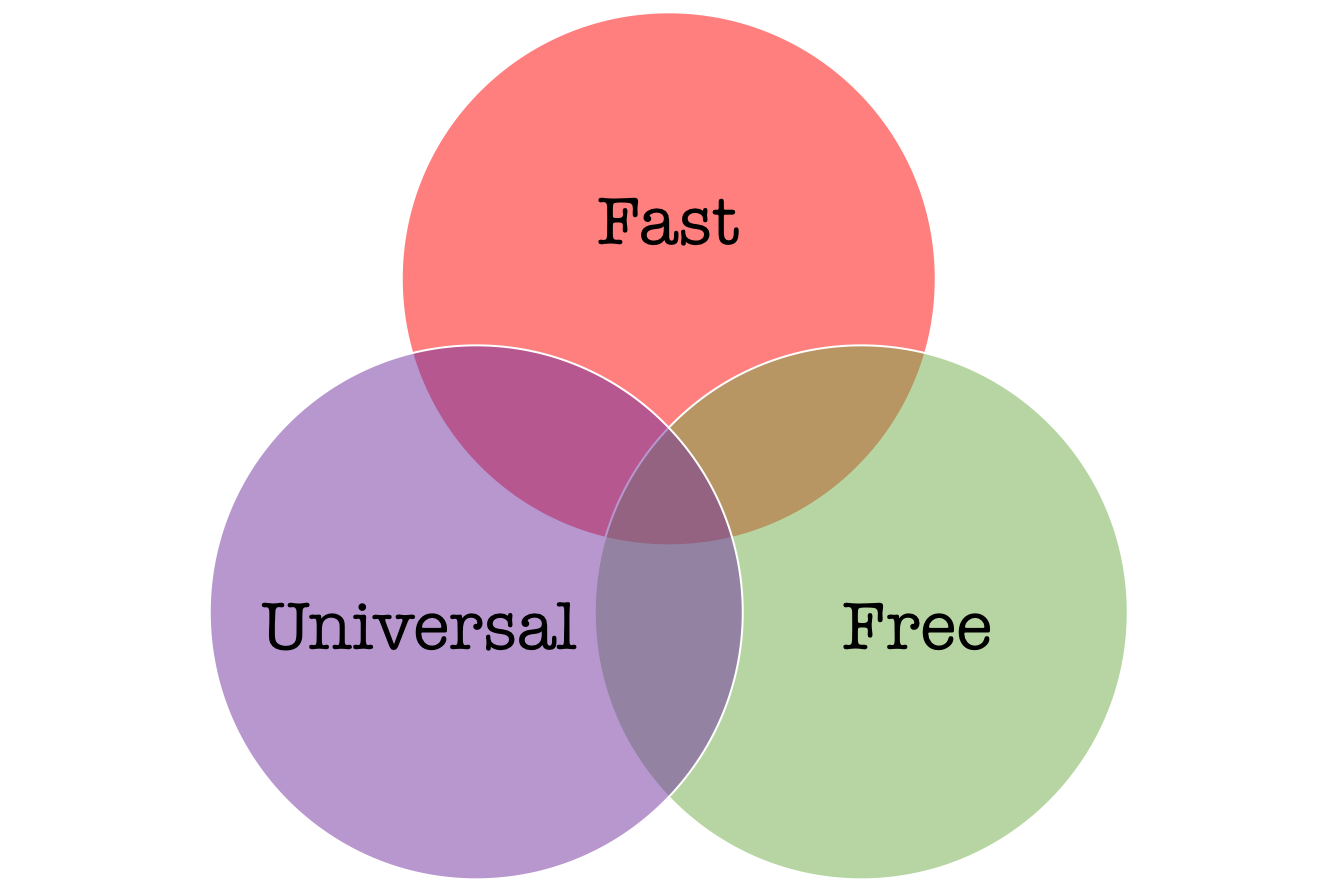You will certainly benefit from parallelization of your code (or using/switching libraries that offer a native parallelization). So it might be worth looking into parallelization depending on your priorities in terms of time and possibility of new upcoming simulations.
In terms of external computing resources, I would say, that you are looking for a very rare unicorn here. It would be hard to satisfy all three criteria and be in the centre of the Venn diagram.
Here, by "Universal", I mean no limitation to one particular technology, no strict time limitations (trial period), and, the most important one, citizenship & affiliation of the user.

Example services:
- Fast and universal: many now available cloud-based services: Amazon EC2, IBM cloud, and several others. The downside is that the cost is not very cheap and certainly not free.
- Free and universal: Free tier of Amazon AWS, Free tier of IBM cloud, which obviously would have a lot of limitations on the available computational resources and might not be faster than your laptop.
- Fast and free: XSEDE would provide US-based institutions with computational resources. Limitations: you have to have a collaborator who has access to those resources. Similar things would exist for other regions, but usually, they would be limited to researchers having affiliation with a limited set of institutions.
- Free: (not necessarily fast or unlimited) free-trials to new services. Intel Xeon Phi Cluster from Fujitsu, limited to Xeon Phi's.
- Fast: your own hardware. It may be the cheapest or the most expensive in terms of price, depending on the circumstances.
- Fast, Free, and Universal: don't know anything that even comes close to be in this group according to my definitions.
Relevant posts:
